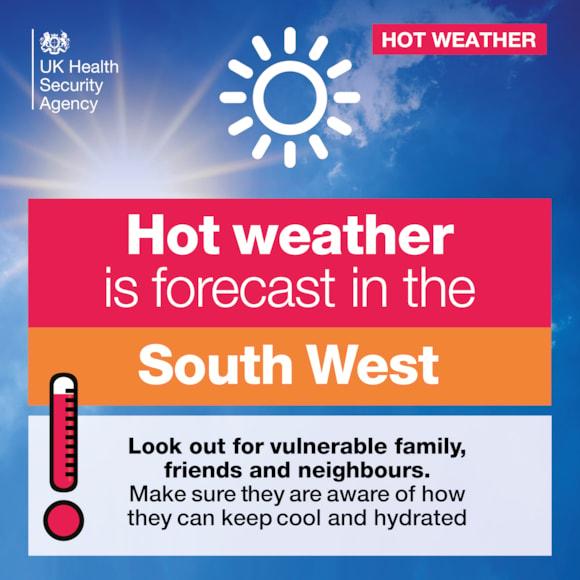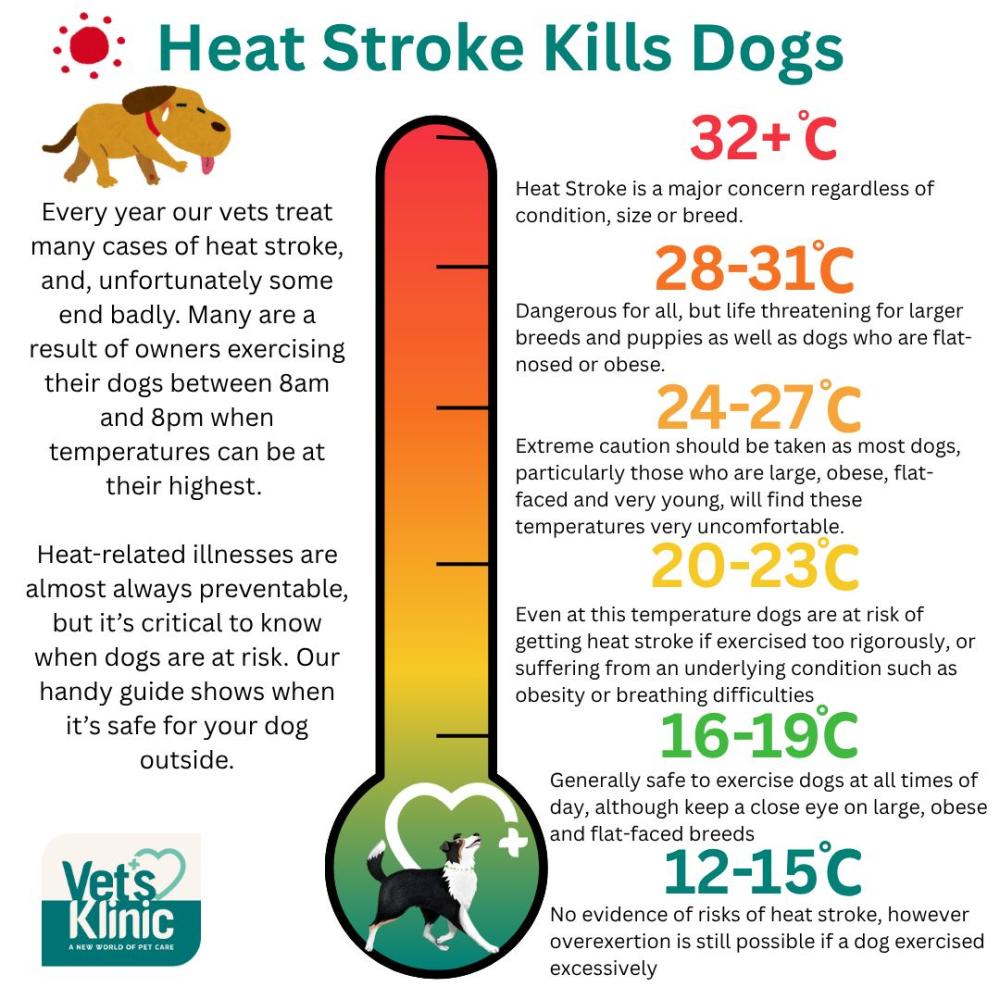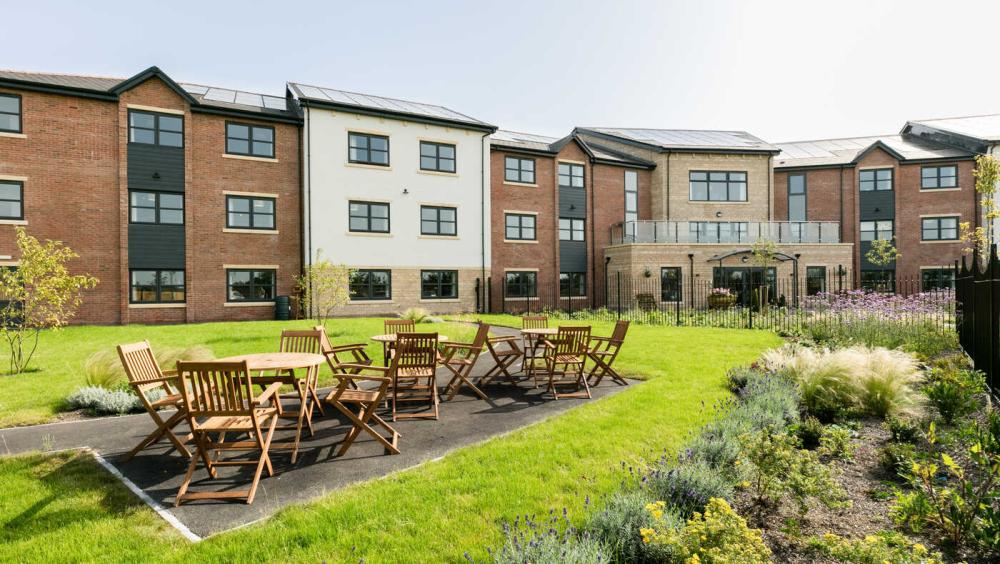Swindon Borough Council has begun reducing power to street lights across the borough between 10pm and 5am.
A total of 18,000 lights are included in the scheme, and the cash-strapped local authority says the move is expected to save up to 25 percent in electricity use.
It follows what the council describes as a successful trial conducted in Old Town last Autumn, when lights in Springfield Road, Westlecot Road, Sandown Avenue, Newport Street, Brentfore Street and Holne Road were reduced.
Affected lights initially operate at their full design output level every evening before this is reduced at 10pm. Where possible, this is reduced again at midnight and they then revert back up to their full design output level at 5am until being switched off.
It will take approximately two weeks to fully complete the rollout of the changes. Around 7,000 street lights were excluded from the programme because they illuminate main roads, junctions and pedestrian crossings.
The council says reducing LED light output by 25 to 50 per cent has been shown to be barely noticeable to the human eye. The 25 per cent reduction in Swindon will still be within British standards.
Cllr Chris Watts, Swindon Borough Council’s Cabinet Member for the Environment and Transport, said: “Before rolling out these changes, we wanted to be confident that adjusting the operation of the Borough’s streetlights won’t compromise road safety or residents’ personal safety at night. That’s why we first undertook a trial to test the approach.
“The trials demonstrated that the output of the majority of Swindon’s streetlights can be reduced between 10pm and 5am without a discernible difference to existing lighting levels. A similar approach has already been implemented in many other parts of the country.
“Electricity consumption from street lighting is a significant component of the Council’s carbon footprint, so this change will both contribute to our priority long-term mission to achieve net zero as well as reducing energy bills at a time of pressure on public finances.”
In July 2022, the council completed the conversion of the majority of its street lights to LED, resulting in a 60 per cent reduction in energy usage.
Street lighting accounted for around 34 per cent of the council’s electricity use in 2022/23 and the new operational changes will help reduce both the council’s carbon footprint and energy bills.










Your Comments
Be the first to comment on this article
Login or Register to post a comment on this article